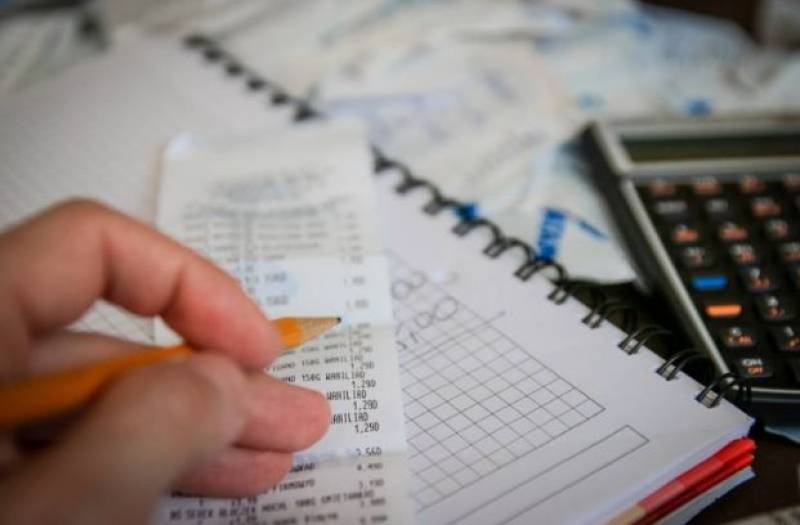Date Published: 18/10/2024
Spain demands repayment of Covid aid from thousands of self-employed workers
More than 3.7 billion euros were given to 1.48 million autónomos in Spain during the pandemic

Around the middle of July, thousands of self-employed workers, or autónomos, across Spain started receiving most unwelcome letters from their insurance companies, claiming that the Social Security is demanding they repay the state aid they received during the Covid pandemic.
Essentially, the mutuas (mutual insurance companies) are asking autónomos to prove that they actually were entitled to the financial aid, and if they can’t, the Spanish government wants its money back. However, countless self-employed people have found that the Social Security still wants a full repayment, even if they met the criteria at the time.
For many, going to court is the only option.
What did the Covid aid consist of?
These benefits were launched on March 14, 2020, coinciding with the declaration of the state of alarm due to Covid-19, and lasted until June 30 of that year, with the aim of allowing self-employed workers affected by the total closure of their business or lower turnover during the pandemic to survive.
In total, aid was granted to 1.48 million professionals for an amount of 3.741 billion euros.
Why are autónomos being asked to repay the aid now?
It’s tough being self-employed in Spain at the best of times, so this repayment demand has come as a major blow to most and there’s been little explanation offered.
But basically, back in December 2023, an audit was carried out on Covid aid and the report uncovered significant irregularities in the distribution of aid to self-employed individuals. The report found that the regulations governing the aid were unclear and had been changed multiple times, leading to discriminatory practices in the granting of benefits.
The constant changes to the regulations meant that self-employed individuals were required to meet different conditions and provide different documentation at different times, leading to confusion and unfair treatment.
That’s why the mutual insurance companies are now reviewing all files and claiming back benefits that were granted in error.
Who is going to have to repay?
“The harsh reality is that, in many cases, the requirements were not met (by a little or a lot) but even so, the aid was granted on a provisional basis and has even been declared definitive in some cases,” explained Carlos Moreno, a representative of the mutuas.
However, he also pointed out that plenty of autónomos are being pressured to make repayments even though they clearly qualified for the pandemic aid.
What can self-employed workers do?
If you're a self-employed worker who received aid and are now being asked to return it, there are a few steps you can take:
- Prove you met the requirements: First, try to prove to the mutual insurance company that you met the requirements to receive the aid. If you can do this, you may not have to return the money.
- Seek legal help if necessary: If you don't meet the requirements and can't afford to return the money, you may want to consider seeking legal help to try to avoid repayment.
- Go to court: If you're required to pay back the aid, even if you believe you met the conditions, your only option may be to go to court.
It’s important to remember that the Social Security in Spain doesn’t mess around when it comes to monies owed. If you’re being asked to repay the aid, don’t ignore it, as there’s a chance the funds could be taken from your bank without notice or that your account could be embargoed.
What can you claim in court?
If you do end up in court, you may be able to claim that the Cakarevic doctrine from the European Court of Human Rights (ECHR) should be applied.
This doctrine says that if you acted in good faith and the error was made by the authorities, it's not fair to demand repayment of the aid if it would cause you a disproportionate financial burden.
But there’s a catch. While this doctrine can be a powerful tool, it's not always easy to get the lower courts to apply it. This is because the doctrine comes from a case in Croatia with different regulations than those in Spain.
However, if you're willing to take your case all the way to the Supreme Court, you may be able to get a favourable ruling.
Image: Archive
Loading
Sign up for the Spanish News Today Editors Roundup Weekly Bulletin and get an email with all the week’s news straight to your inbox
Special offer: Subscribe now for 25% off (36.95 euros for 48 Bulletins)
OR
you can sign up to our FREE weekly roundup!
Read some of our recent bulletins:
Discount Special Offer subscription:
36.95€ for 48 Editor’s Weekly News Roundup bulletins!
Please CLICK THE BUTTON to subscribe.
(List price 3 months 12 Bulletins)
Read more stories from around Spain:
Contact Spanish News Today: Editorial 966 260 896 /
Office 968 018 268






























